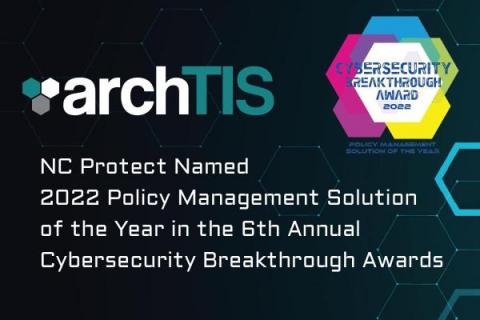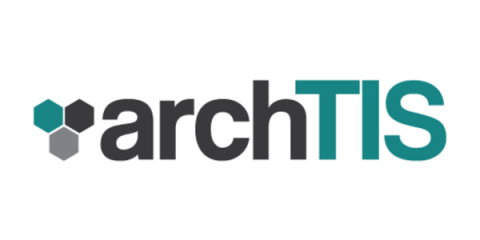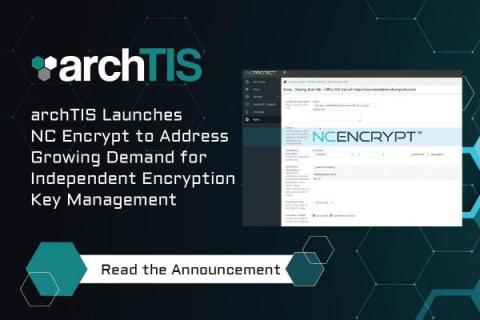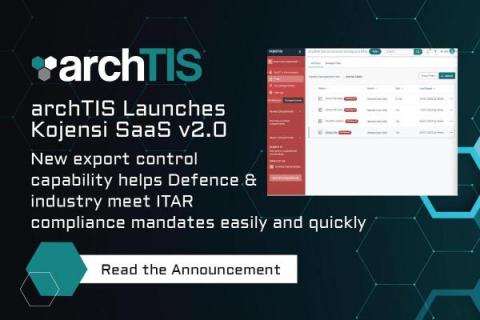Protecting DOD controlled unclassified information (CUI) from getting into the wrong hands
archTIS Director of Federal and Defense, Bill Kalogeros recently presented a CMMC 2.0 Workshop with FCW on new controlled unclassified information or ‘CUI’ marking requirements for CMMC 2.0 which is expected to go into effect in May of 2023. Here’s a summary of his session and a link to the recording to learn more about the pending changes to CUI handling and how to prepare.






